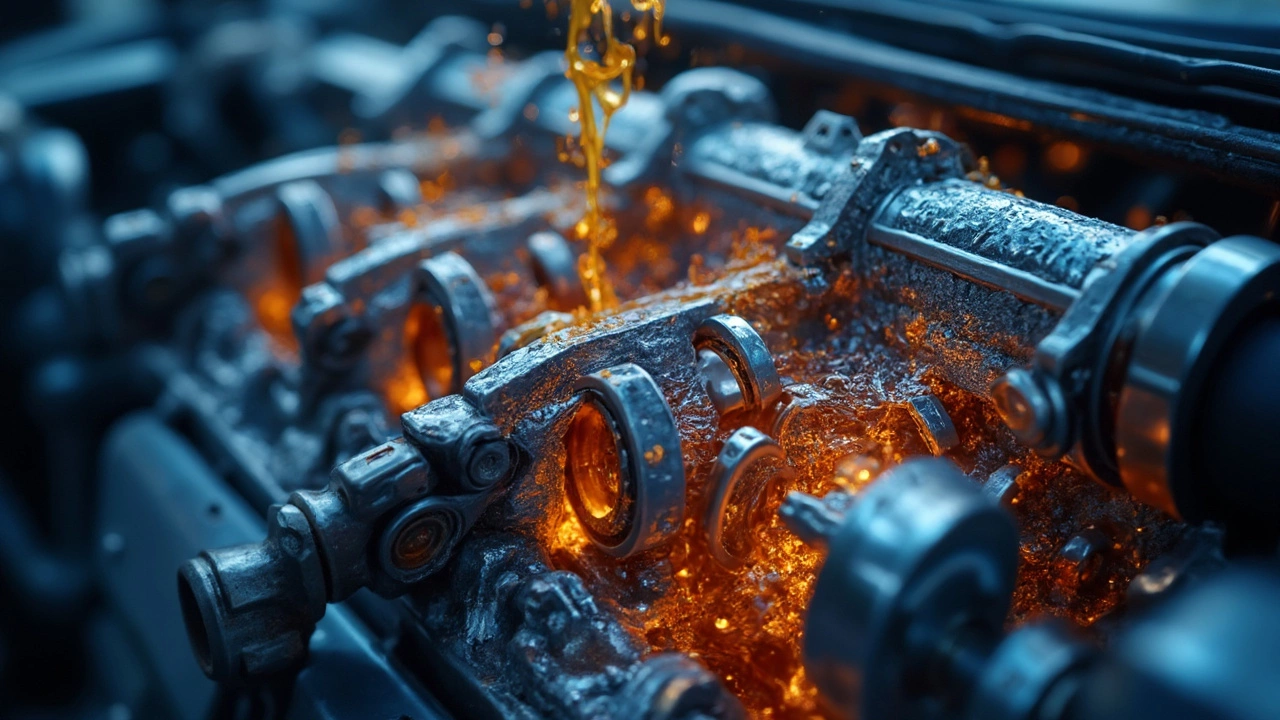Vehicle Damage: Common Causes, Signs, and Fixes
When dealing with damage, any unwanted wear, breakage, or failure that affects a vehicle's performance. Also known as wear and tear, it can show up in many parts of a car or boat. Understanding what damage looks like helps you catch issues before they turn into costly repairs.
One of the most frequent culprits is a clutch, the component that connects the engine to the gearbox. When the clutch wears out, you might notice a slipping feeling, a hard bite point, or a grinding noise during gear changes. Those symptoms are clear signs that the clutch is taking damage and needs attention. Ignoring them can lead to chain reaction damage in the transmission.
Other Parts That Take Damage Quickly
Brake systems also suffer from damage, especially the pads and rotors. If you hear squealing, feel a pulsating brake pedal, or notice longer stopping distances, the brake damage is likely building up. Replacing pads or resurfacing rotors early saves money and keeps the car safe. Similarly, a radiator can experience damage from corrosion, leaks, or blocked fins. Overheating, coolant loss, and a hot engine are red flags that the cooling system is compromised. Fixing a bad radiator before the engine overheats prevents severe engine damage.
Even tiny parts like spark plugs aren’t immune. A spark plug that’s fouled or worn will misfire, lower fuel efficiency, and cause rough idling. These are symptoms of spark plug damage that can quickly affect engine performance. Checking the gap and cleaning or replacing the plug stops the issue before it harms the catalytic converter.
All these examples show how damage spreads across different systems. Spotting the first sign—whether it’s a noisy clutch, fading brakes, a hot radiator, or a misfiring engine—lets you act fast. The posts below dive deeper into each problem, give you step‑by‑step checks, and explain when to DIY and when to call a professional. Keep reading to arm yourself with the right knowledge and keep your vehicle running smoothly.

Engine Oil Low: What Actually Happens When You Run Out
May 13 2025 / Engine OilRunning your engine low on oil can lead to way more trouble than most people realize. Without enough oil, moving parts inside your engine lose their main source of lubrication and cooling. This can cause fast wear, overheating, and eventually engine failure. Catching the signs of low oil early can save you a mountain of repair bills. Here’s how running low on oil actually wrecks your engine and what you can do about it.
VIEW MORE